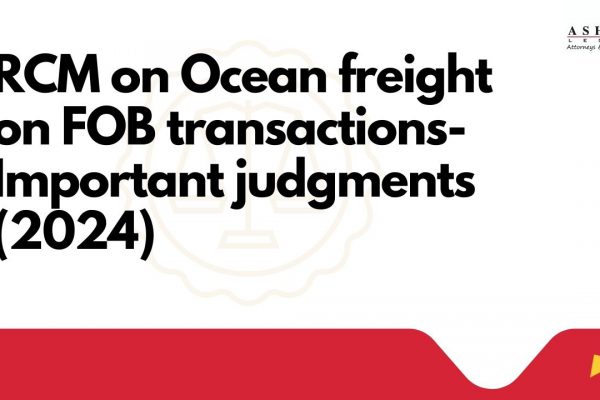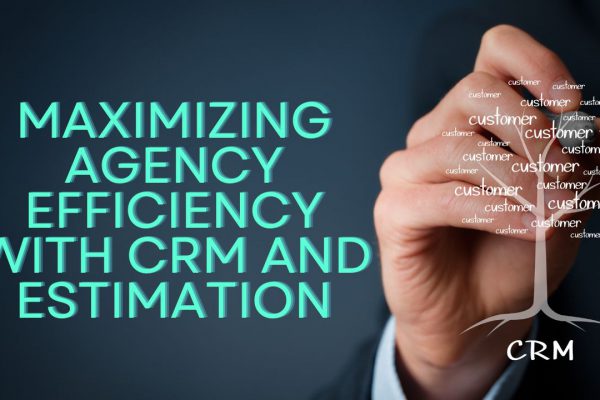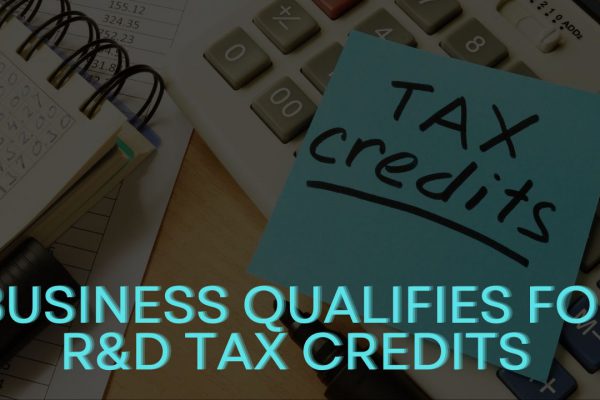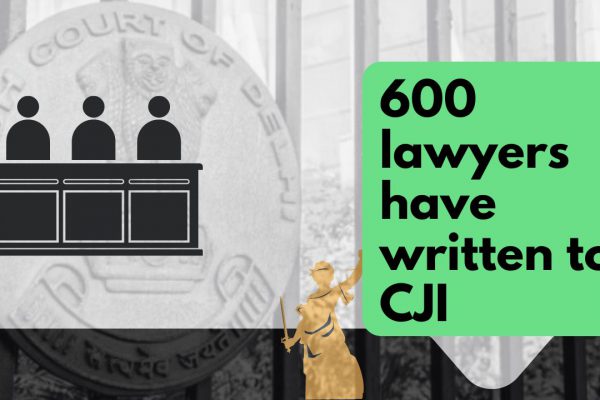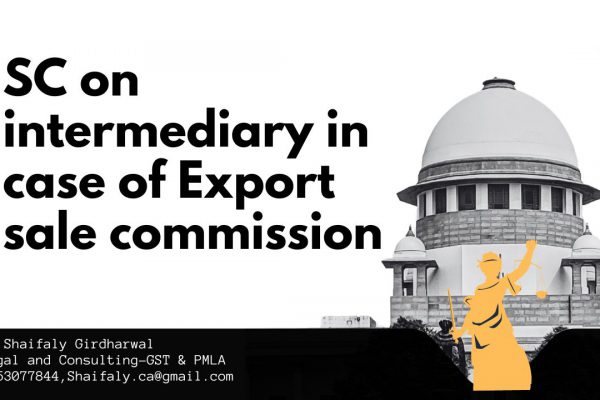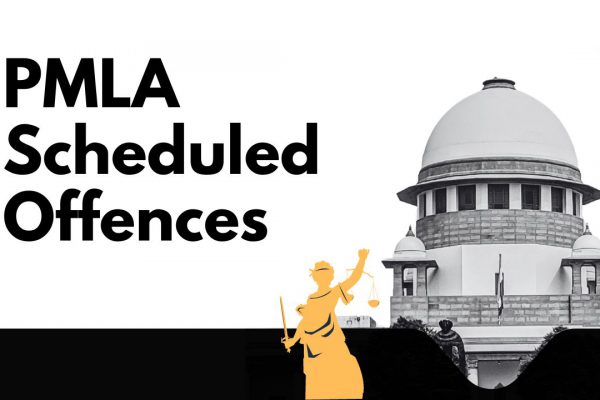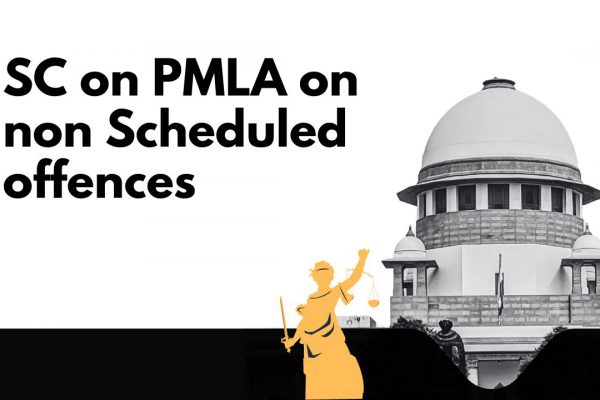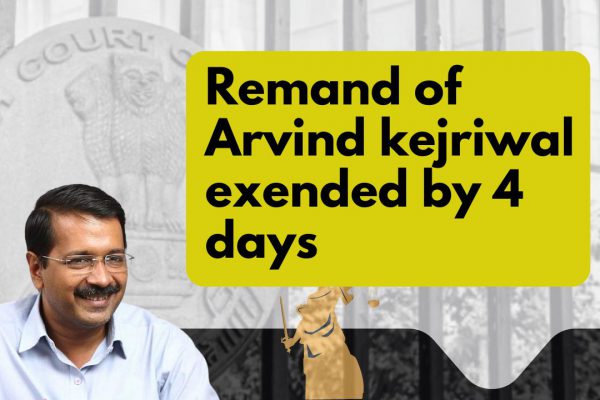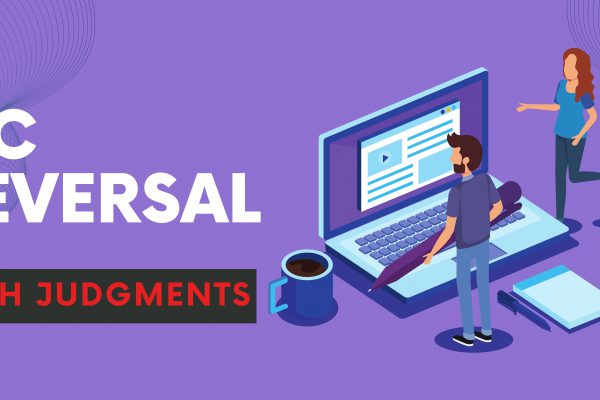Changes made in the GST Law w.e.f. 01.02.2019
Changes made in the GST Law w.e.f. 01.02.2019:
GST is an ever changing law. Since the inception it has been changing forever. Now, the Central Government on the recommendation of GST council has notified certain changes in the CGST Act, 2018 and so have been done by the State Governments.
In this advisory we are highlighting major changes to the law:-
-
Changes in GST Reverse Charge provisions u/s 9(4) (unregistered persons) :-
In many of the Whatsapp messages it is flowing around that the reverse charge has been brought back w.e.f. 01.02.2019 as the notification no 08/2017 has been rescinded. Let us make this very clear that it is not so.
There is no reverse charge u/s 9(4) (unregistered persons) w.e.f. 01.02.2019.
The notification has been brought in to align the notifications with the latest change in that law which states that sec 9(4) shall be applicable on selected individuals or categories which will be notified separately by the Govt.
Till the date such new notification specifying any category of persons is notified the Reverse charge is not applicable on 9(4). For GTA, Govt payments, advocates payments is remains as it is.
-
Business Vertical definition has been removed:-
Earlier there was a definition of business vertical under the law which specified certain classes only to be a business vertical and in turn allowed them to register separately in the same state.
Now this definition has been removed. Now any entity can take separate registration in the same state, without going into the discussion of being separate business vertical or not.
-
Carving schedule II out of the definition of supply u/s 7:-
Schedule II was made part of definition of supply u/s 7(1) and due to which the transactions referred therein were mandatorily assumed to be part of supply even though failing other mandatory ingredients of sec 7(1)(a).
Now this schedule II has been moved out of this sec 7(1) and made a separate section 7(1A). Thus now schedule II should be merely assumed as a tool for identifying what is goods and what is service? It has no other relevance in the eye of law apart from this. Now each of the item listed in schedule II should pass the test of 7(1) for becoming an eligible supply.
-
Changes in composition scheme:-
- i)Monetary Limit:- The limit for composition scheme has been enhanced to Rs. 1.5 Crore from existing 1 crore. This limit is applicable since 01st of February 2019. Thus an entity crossing Rs. 1 Crore mark before 01.02.2019 shall not be eligible for composition scheme for the balance period of 2018-19 and will have to reapply for the next year before 31.03.2019.
- ii)Services :- The composition scheme dealer can now provide services up to higher of the the following:-
(1) Rs. 5 Lakhs or
(2) 10% of turnover in the preceding financial year
Thus a composition dealer can now provide services also subject to following limit as above. The rate of tax on such services (other than restaurants) shall be 1%.
-
Changes in Schedule III:-
Following activities have been made part of schedule III i.e. now in case of such transactions they shall neither be treated as supply of goods nor supply of services. This change has been brought to give a clarity in case of such transactions. However earlier also the Govt. had clarified their view in such cases by way of circulars. Such transactions are as follows:-
- i)Merchant sale starting outside India and terminating outside without entering into India anytime
- ii)High Sea Sales
iii) Sales made while the goods are lying in custom bonded warehouse.
Thus, this has brought a clarity in the law that such transactions shall not be deemed as supply now.
It has been further clarified that such sales shall not be treated as exempt supply for the purpose of reversals u/s 17(2).
-
Changes in ITC:-
- Availability of ITC of Motor Vehicles:- This was a very disputed matter since the inception of GST Law. Now, they have made it very clear that the GST credit shall not available only in cases of Motor Vehicles having seating capacity below or equal to 13 persons. i.e. The credits in all the other cases of dumpers, tippers, trucks, buses etc will be smoothly available without any dispute.
Further, the credits of such motor vehicles shall be available to those who are into trading of these MVs or who are involved in transportation of passengers or training of MVs.
- Availability of ITC of Repairs and Maintenance and Insurance of MVs
Now, the ITC of all the services for repairs, maintenance and Insurance shall not be available in relation to Motor Vehicles discussed above (i.e. MVs having seating capacity of less than 13 passengers, w.e.f. 01st February 2019. Earlier such credits were available.
- Credit of Rent-a-cab services :-
This credit has now been made available. Earlier such credit was not available. The corresponding provision denying such credit under the earlier law has been removed.
- Single credit notes against multiple invoices:-
This has been allowed w.e.f. 01st February 2019. Now they will be allowed to raise a single credit note for the multiple invoices. This is a major relief to the industry.
If you already have a premium membership, Sign In.
 CA Ranjan Mehta
CA Ranjan Mehta
CA Ranjan Mehta is a Fellow Chartered Accountant of Institute of Chartered Accountants of India and currently proprietor of M/s Ranjan Mehta & Associates. His area of specialization includes Indirect taxes specially GST, Excise, VAT and Service Tax. He is a faculty for GST. He has presented more than 100 papers on GST at various levels of ICAI, trade bodies, corporate seminars.


